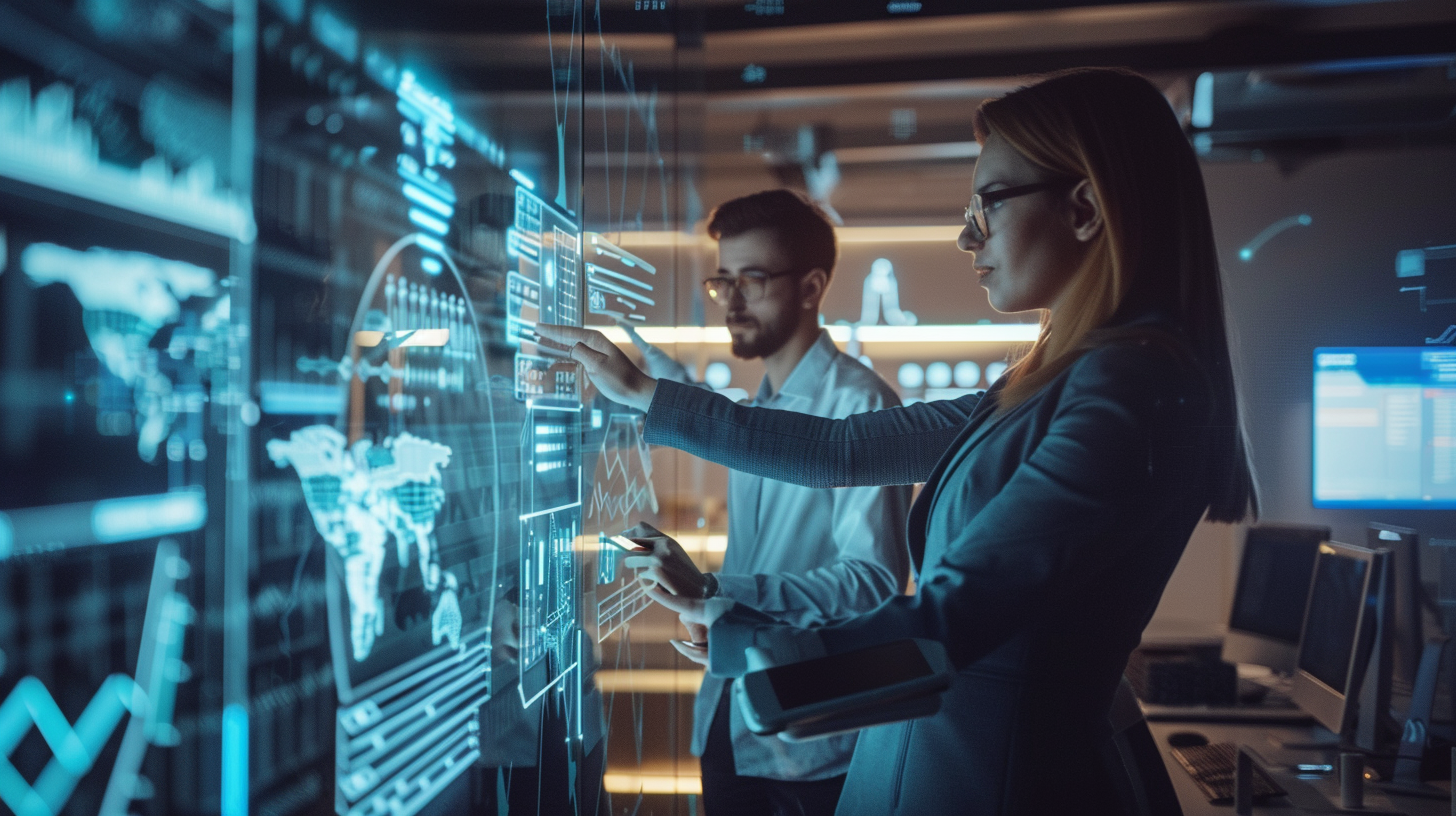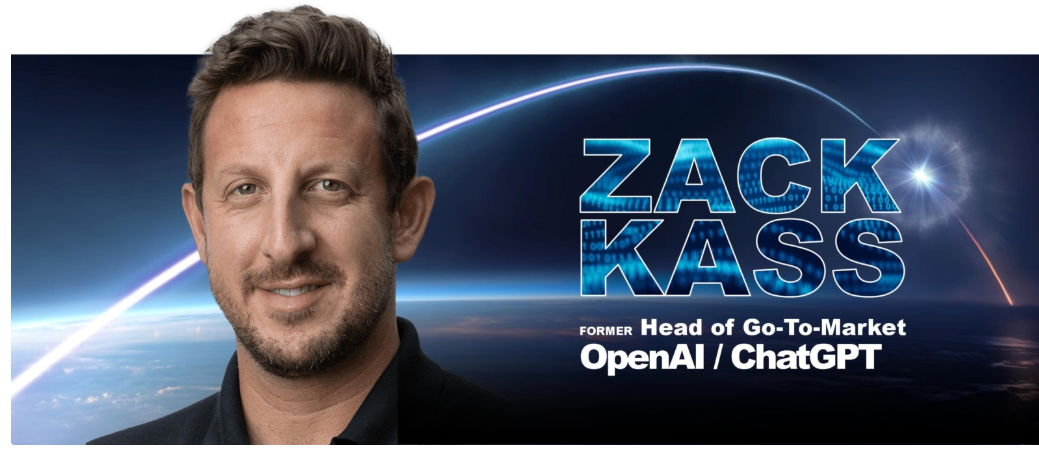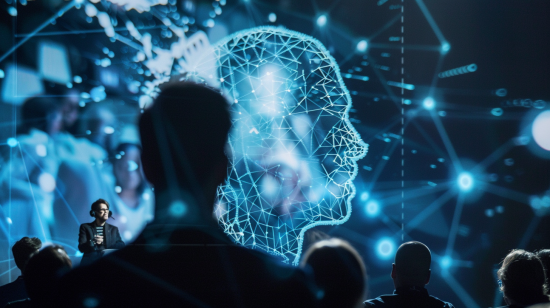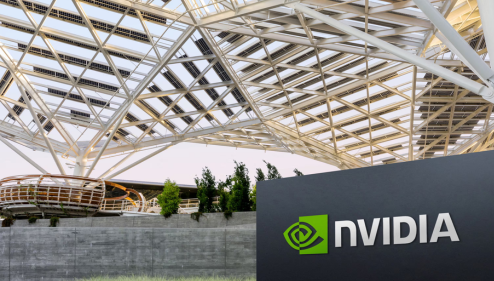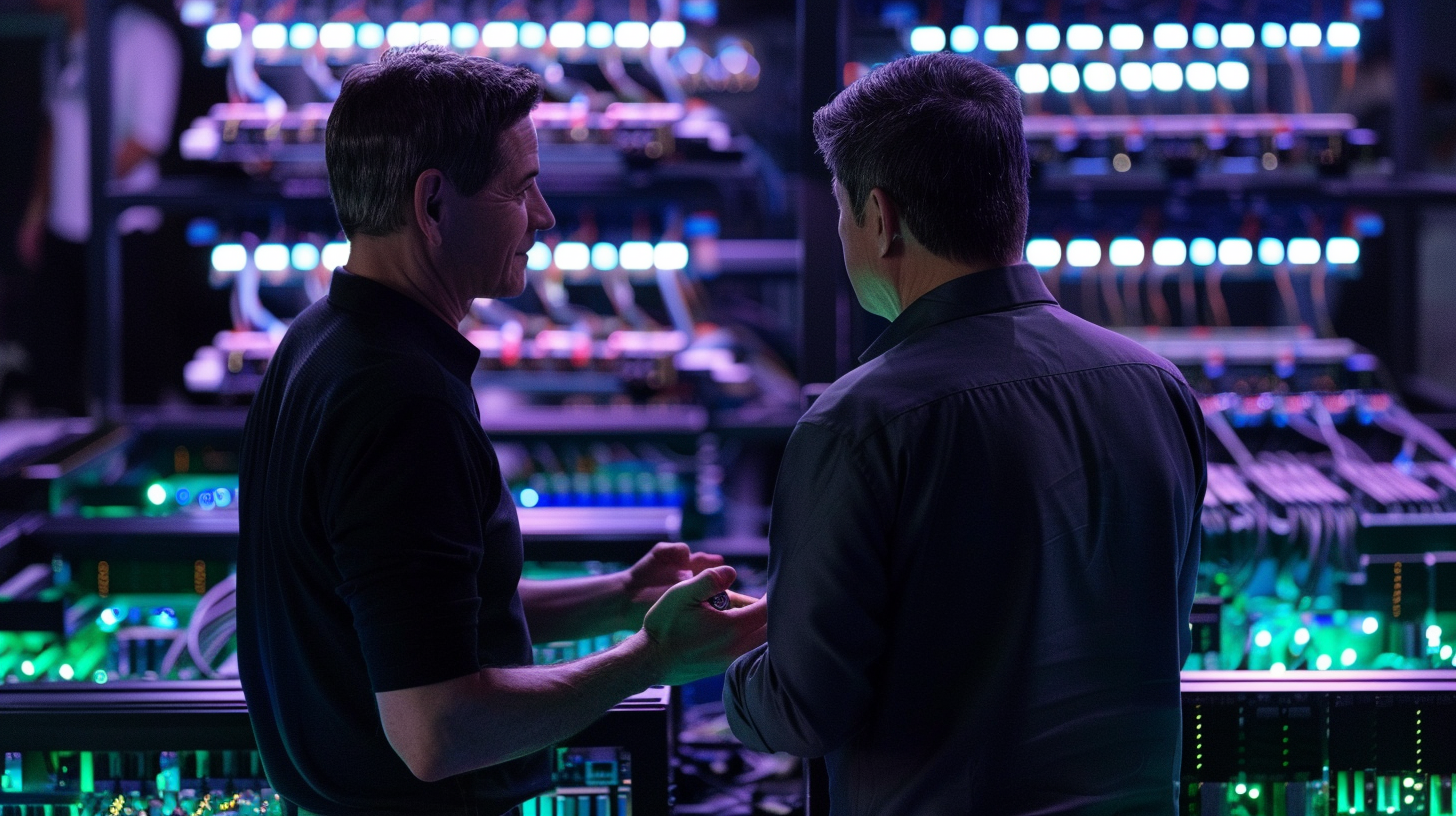French artificial intelligence startup Mistral has introduced a new suite of advanced AI models, marking its most ambitious step yet as it races to remain competitive with global heavyweights like OpenAI, Google, and DeepSeek. The release comes at a pivotal moment in the AI ecosystem, where rapid innovation cycles and aggressive commercialization strategies are reshaping the landscape.
Mistral’s updated portfolio includes a new large multimodal model, which the company describes as the “world’s best open-weight multimodal and multilingual.” Designed for enterprise-grade performance, this model targets use cases such as AI assistants, scientific workloads, retrieval-augmented generation (RAG) systems, and complex agentic workflows. By pushing for open-weight access, Mistral continues to position itself as a key proponent of transparent and customizable AI—an increasingly important stance among European enterprises wary of closed-source dominance from U.S. labs.
Alongside the flagship model, the company launched Ministral 3, a compact, highly efficient model engineered for robotics, autonomous drones, consumer devices, and on-device intelligence. Its smaller footprint allows it to run on a single GPU, reducing operational costs and making it attractive for companies seeking scalable, low-latency AI without heavy cloud dependency. According to Mistral, smaller models offer major advantages in real-world applications, where speed, cost efficiency, and domain-specific tuning outperform size alone.
The launches build on a year of rapid growth for the Paris-based startup. Founded in 2023, Mistral raised 1.7 billion euros in September, reaching a valuation of 11.7 billion euros. The round was led by global semiconductor leader ASML, which invested 1.3 billion euros, with additional backing from Nvidia, Microsoft, and Andreessen Horowitz. This massive inflow of capital reflects Europe’s mounting urgency to develop AI champions capable of competing with U.S. and Chinese giants.
Mistral’s momentum extends beyond research. On Monday, the company announced a major commercial agreement with HSBC, granting the global bank access to its models for tasks such as financial forecasting, language translation, and automation. The startup has already secured additional enterprise contracts worth hundreds of millions of dollars, signaling growing trust from large organizations seeking alternatives to entrenched U.S. players.
Still, the competitive backdrop is intense. Rivals such as Anthropic and OpenAI are aggressively expanding into Europe, opening new offices and securing colossal funding rounds that dwarf those of European firms. With Anthropic now valued at $183 billion and OpenAI reportedly priced at nearly $500 billion through secondary sales, Mistral faces an uphill battle to match the scale of global rivals.
Nonetheless, the company maintains that the next era of AI will be defined not only by size, but by speed, adaptability, on-device intelligence, and openness. With its new models, Mistral aims to position itself at the forefront of this shift—advancing its vision of a globally distributed AI ecosystem that blends cutting-edge research with practical enterprise deployment.



